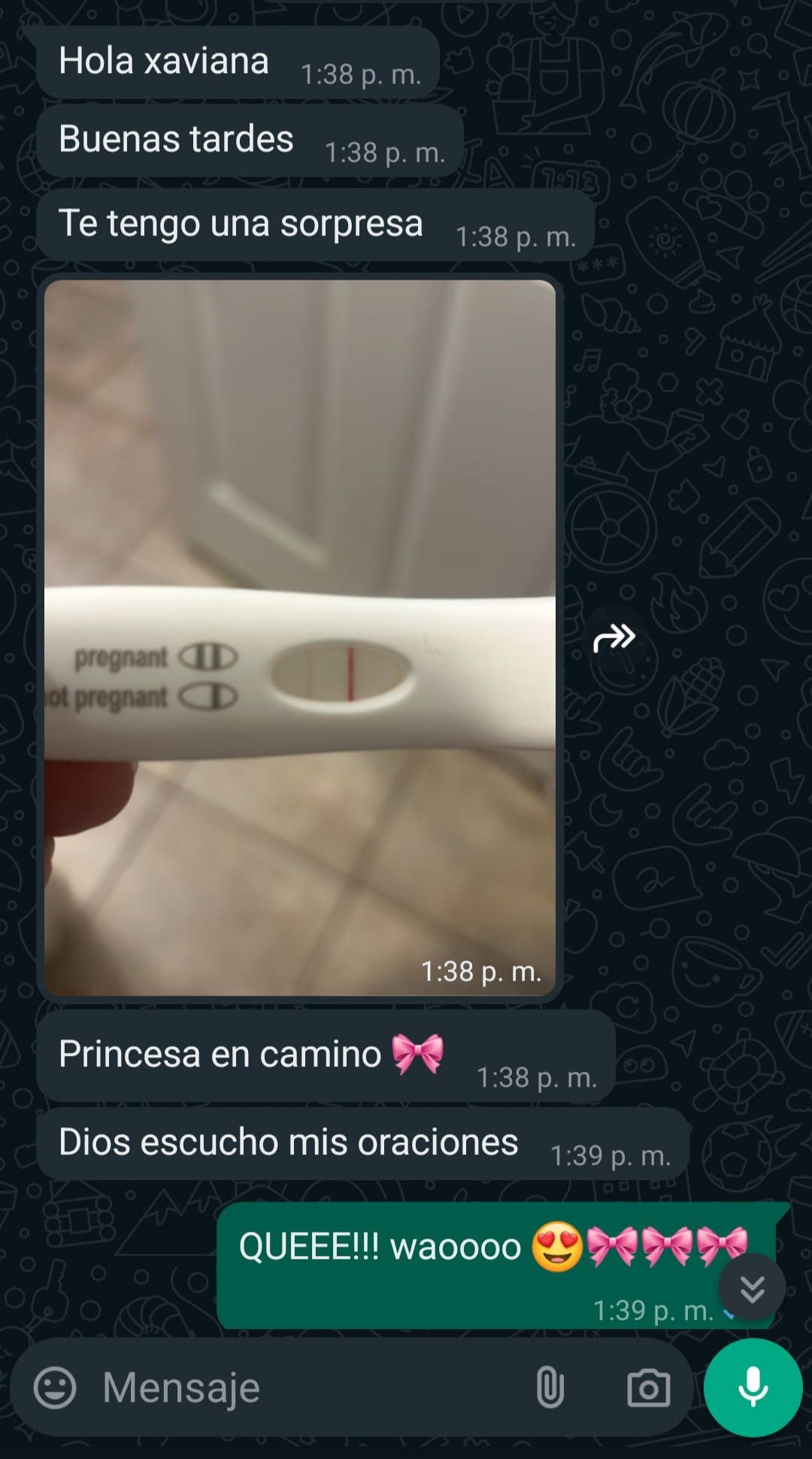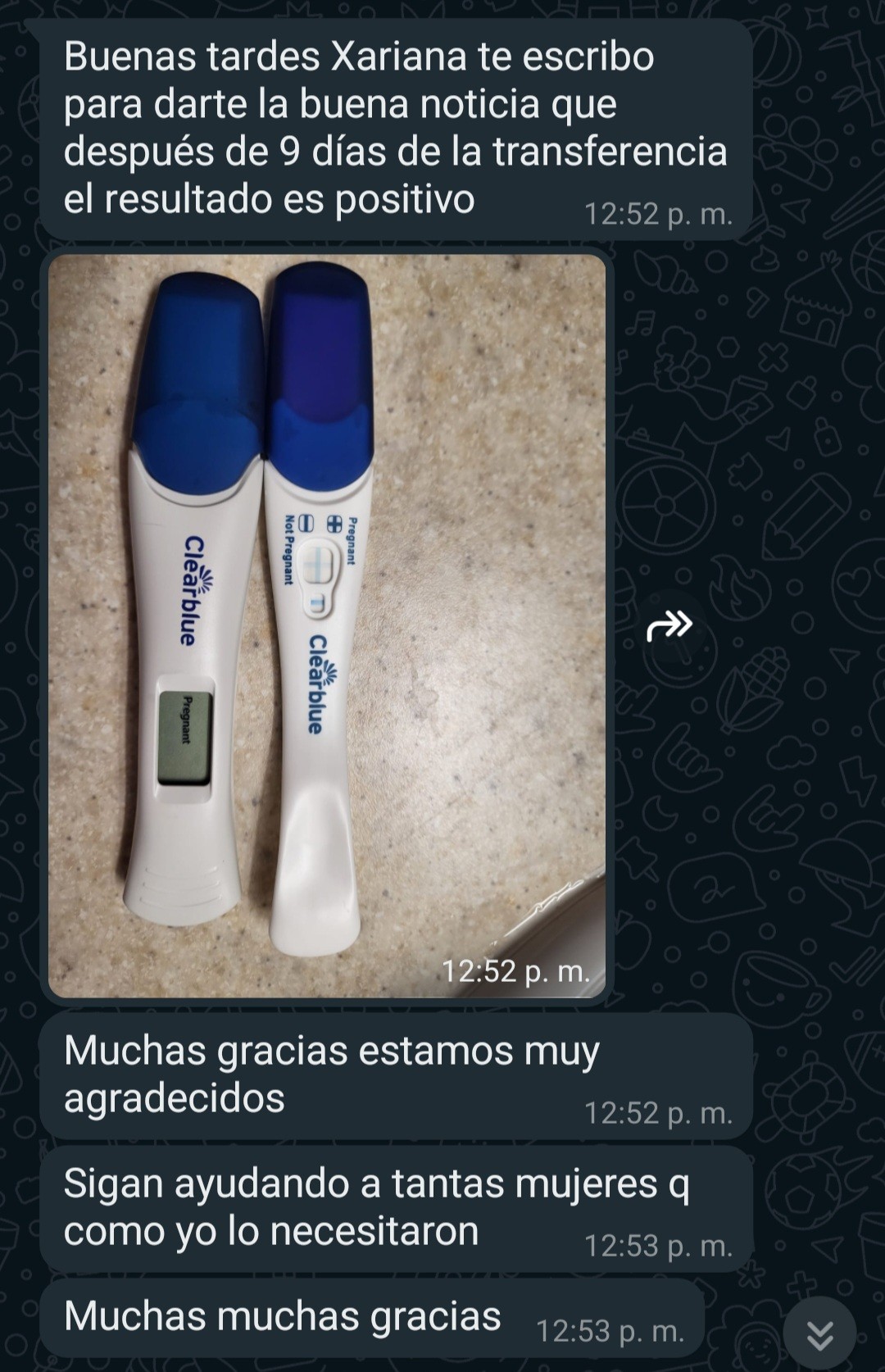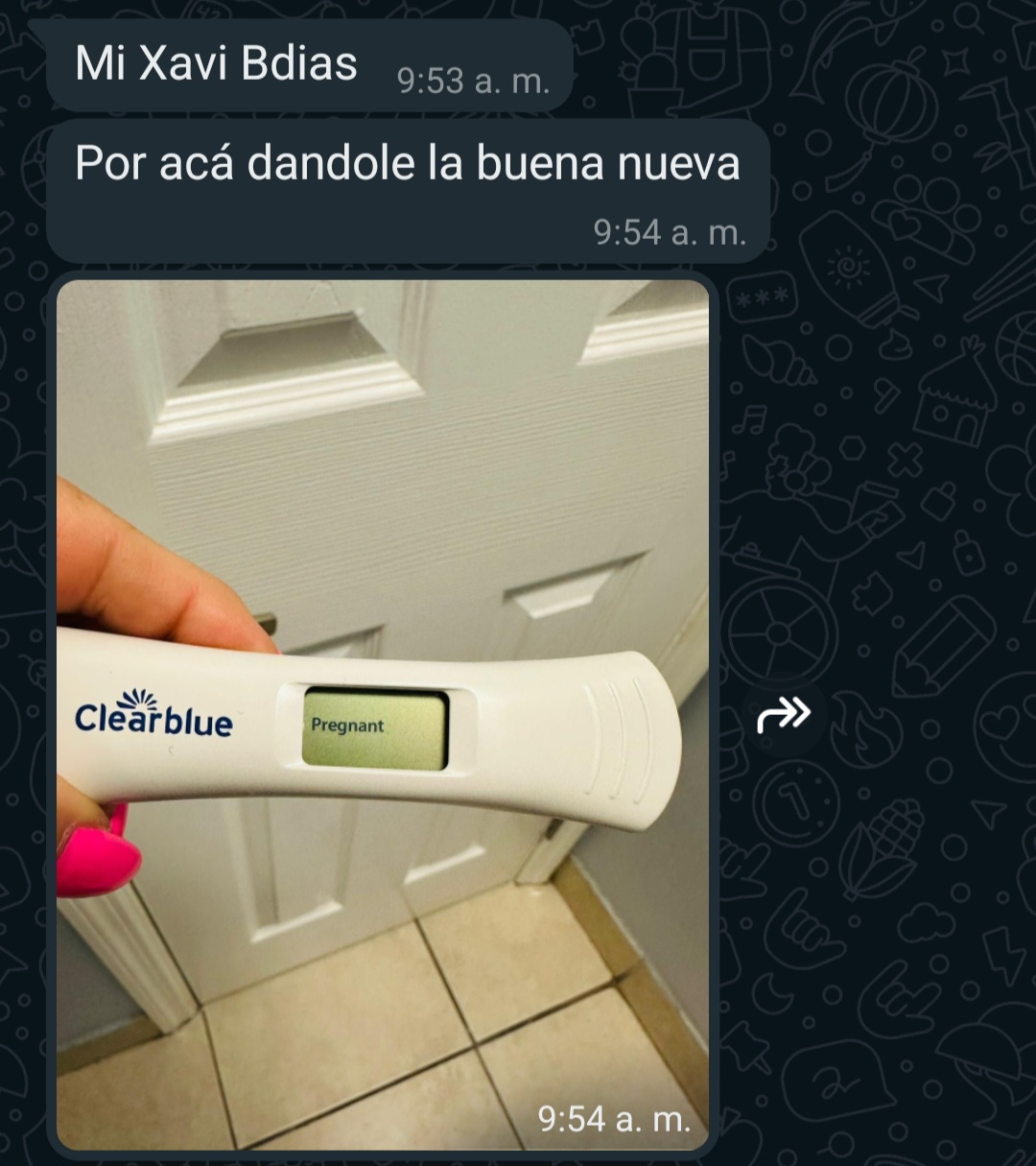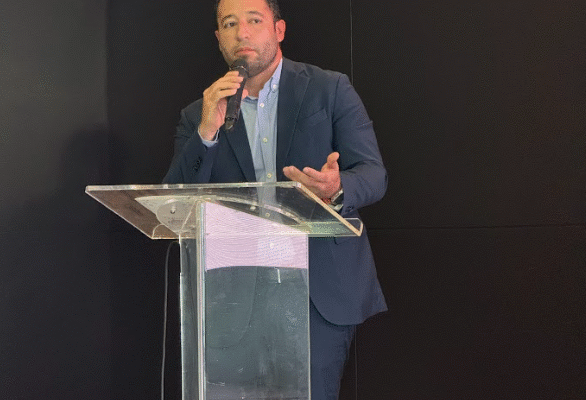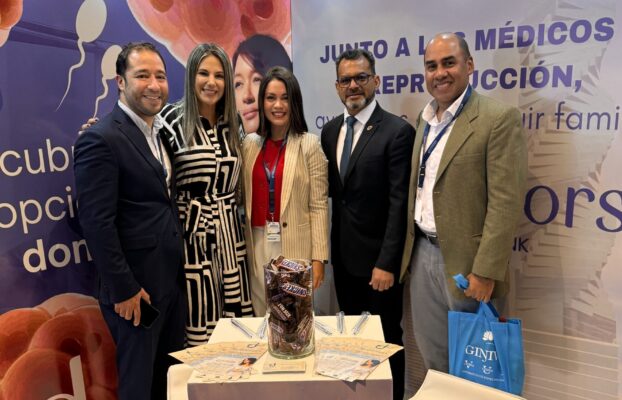Why Preserve Your Fertility?


Why You Might Choose to Preserve Your Fertility
For studies or career
For medical reasons
For travel or work
By personal choice
Due to sexual orientation or not having a stable partner
Male preservation
The Simple Process of Preserving Your Fertility
Initial Consultation
Schedule your first appointment to evaluate your situation and define the best plan.
Eggs or Sperm
A controlled medical process for egg retrieval or sperm sample collection.
Vitrification
Your gametes are carefully cryopreserved with cutting-edge technology for long-term storage.
Secure Storage
Your samples are stored in our secure facilities under constant monitoring.
Your Future
Ready for when you decide to use them and make your dream come true.
Egg Cryopreservation
Sperm Cryopreservation
Embryo Cryopreservation
Frequently Asked Questions about Fertility Preservation
Answering your most common questions about the entire preservation process.
Over time, both egg reserve and sperm quality naturally decline. Preserving your fertility today gives you the chance to plan for parenthood on your own terms, whenever the time feels right. It can be especially helpful if you want to delay having children, are preparing for medical treatments that may affect fertility (such as chemotherapy or surgery), or simply have personal or professional reasons to wait.
At Fertidonors, you can preserve your eggs, sperm, or embryos with confidence. We use advanced technologies like Davitri for automated vitrification and Future Fertility, an AI tool that helps evaluate the reproductive potential of your eggs—providing you with the best possible information for your family planning journey.
Sperm freezing starts at $250 for one vial. For the best results, we recommend freezing at least three vials for $750. Storing multiple vials increases your chances of future success, provides greater medical flexibility, and helps account for natural variations in sample quality. It can also save you time and money by reducing the need for repeat procedures. Many of our cryopreservation plans include one year of storage.

